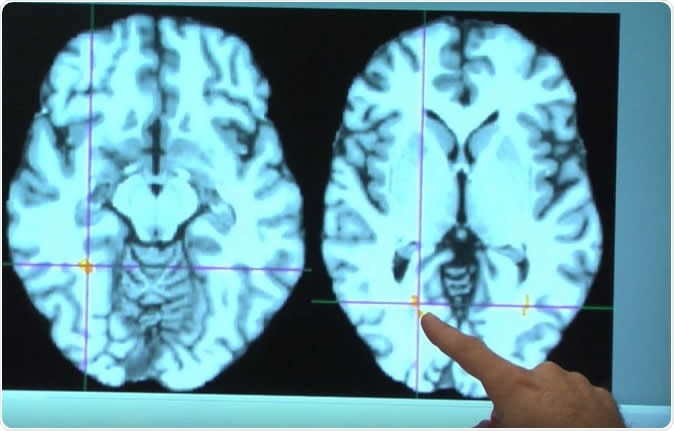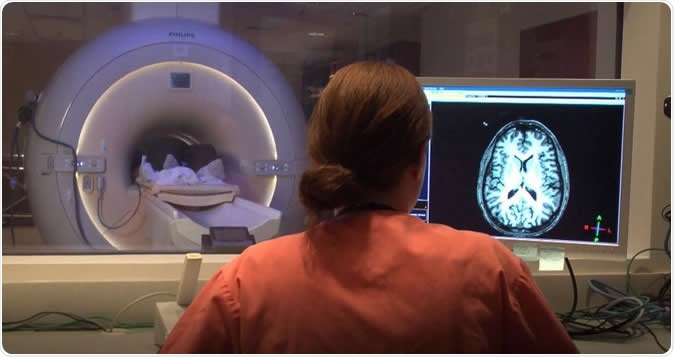Birth control pills have been found to reduce a part of the brain that is associated with controlling the sex drive finds a new study. The study results are being presented as a preview in the annual conference of the Radiological Society of North America (RSNA).
A team of researchers found that taking birth control pills regularly have a smaller hypothalamus compared to other women who do not take these pills. The hypothalamus is a portion of the brain that controls the release of several hormones in the body, the team explained. If there is damage to the hypothalamus, they explained, there is a risk of adverse effects on the sex drive, mood, sleep cycles, heart rate and appetite of the woman.

Brain MRI images
For this study the researchers looked at 50 women of whom 21 were using contraceptive pills. The women underwent MRI brain scan and size of the hypothalamus was measured for all the women. Results revealed that the women who were taking the pills had smaller hypothalamus compared to women who were not.
Dr. Michael Lipton, professor of radiology at Albert Einstein College of Medicine in New York, said in a statement, “We found a dramatic difference in the size of the brain structures between women who were taking oral contraceptives and those who were not. This initial study shows a strong association and should motivate further investigation into the effects of oral contraceptives on brain structure and their potential impact on brain function.” He added that these women also had more depressive symptoms and anger control problems.

A technician viewing brain MRI images
The researchers added that this is the first study that finds an association between the contraceptive pills and the size of the hypothalamus. They explained that these hormones present in the birth control pills essentially are synthetic versions of the estrogen and progesterone present in the body. These hormones interfere with the normal cycle of menstruation and thus prevent pregnancy. Lipton said that there have been no studies looking at the connection between these contraceptives and the hypothalamus of the brain and its ability to release hormones.
The team explains that this study can reveal only an association between the pills and shrinkage of the hypothalamus but does not show a causative relationship between the two. Experts warn that this hypothesis needs larger randomized trials in future to be confirmed. Women on pills should not give them up yet, say experts. Further this study is a preliminary finding and has not been published in a peer reviewed journal yet, they explained.